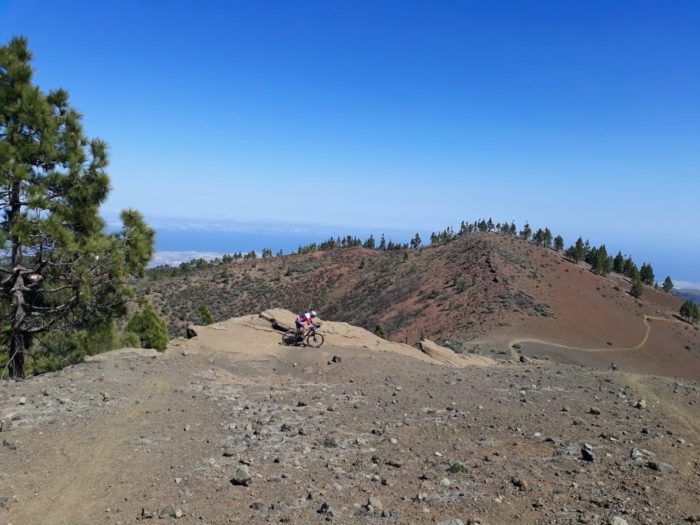A sunny training camp is a great way to kick start the new race season and a mid season cycling trip is a great motivator but how can you maximise the benefits and survive a huge week on the bike? For most of us taking a week off work and jetting off to another country means leaving family at home and taking a week off work so it’s important to make the most of the opportunity.
Choose your location carefully, this might sound obvious but consider the variety of routes available. If you’re training somewhere for a week or more it’ll get pretty boring if you have limited options, this is one of the main reason Gran Canaria is my road training location of choice.
Think about how far you are from the mountains, if you want to maximise your climbing improvements staying close to the hills will be beneficial, in Majorca for example we stay in Alaro which is more central than Palma where you have longer rides to start the climbs.
If you’re going with the objective of logging some big road miles you should be able to find plenty of routes on Strava and can download these to your GPS so you don’t waste time getting lost for the first few days. If you want to complete some higher intensity training you can again use Strava to find some suitable climbs close to your accommodation.
Mountain bike routes are a little more tricky and definitely will benefit from some local knowledge. If you can find some MTB race GPX files this is a quick way of finding quality routes. Whilst Gran Canaria delivered 2 weeks of quality road riding options we struggled to string together 3 days of good mountain bike routes, a local guide would be a worthwhile cost. In Sintra Portugal earlier this year I had the benefit or staying with a ‘local’ who could point me in the direction of the good trails to ride and tell me which ones to avoid. Sintra turned out to be a mountain bike playground.
If you end up riding further and at a higher intensity factor than you would do at home you are going to be burning more carbohydrates that usual. If it’s warm you’ll be sweating more. Think about your nutrition before you travel, take a mix of bars, gels, energy drink and hydration tablets. You should be consuming 500ml to 750ml of drink an hour. A sachet of OTE energy drink and a gel will provide you with 60 grams of carbohydrate, you can consume 1 gram of carbohydrate per kilogram of body weight per hour. During training camp you probably won’t need to consume quite this amount, a Veloforte bar with 45 grams of carbohydrate will probably be enough each hour, you can then accompany this with an electrolyte tab to keep you hydrated.
Get your bike serviced before you travel, if you’re heading into the mountains you need to make sure your bike is safe to ride and also that it’s going to last the training camp. Having issues on training camp will just end up costing you more and costing your valuable time in the saddle. Think about whether you need to fit some compact gears to get you up the climbs on camp, chances are they are going to be bigger hills than what you are used to at home or have been riding over the winter. If you’re going to hire a bike on arrival ask whether the brakes can be swapped round to what you’re familiar with, for us Brits left rear and right front! You’ve shopped around for ages to find a saddle you like, take it with you to fit to the hire bike, you are about to take on a huge week of riding.
You’re hoping to complete a massive week of training, maybe the biggest of the year, your body won’t let you go from nothing over winter to 20 or 30 hours a week. You need to train for your training camp! Being fit before travelling is even more important if you’re going with mates who are hell-bent on making each other suffer on every climb. Think about your objectives before killing each other every day, it’s more productive to complete some structured efforts each day and then ride aerobically for the other hours. Depending on your race schedule and timing of the camp a zone 4, 5 or 6 session on day 1, some longer zone 3 or sweet spot efforts on day 2 and an endurance ride on day 3, followed by a recovery day 4 would be a good routine to follow. The importance of a recovery day is huge, there’s little chance your body will be able train effectively for 7 days straight, you’ll end up grinding to a halt or making yourself ill. After your training camp you need to let the body recovery and grow stronger, if you’ve completed a much bigger week than you’re used to you might need one or even two weeks to recover and start to feel the benefits of the camp.
Finally, and most importantly, make sure the leg length on your bibshorts and jersey sleeve length of your jerseys all match so you can maximise your tan lines!

